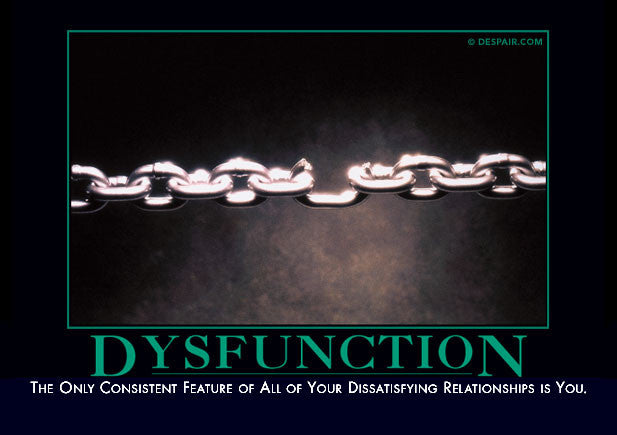“I’ll be what you want until I can’t be that anymore.”
 |
| A person in a sparkly green jacket. Text reads, "Tell me what you want." |
I long ago figured out that this was like my motto in romantic-type relationships before I met my spouse. In December 2005, I had recently recovered from an 8 month relationship (that we ridiculously drug out to over a year) followed closely by a three week relationship. The timetables were different, but the arc of the relationship was painfully the same: Figure out what you want me to be, try to be that, get exhausted being that, force a breakup.
Then I met Caleb. I was tentative at first, not trusting myself. And while that sounds terrible as a romantic comedy plot, it actually helped me create the boundaries I didn’t know I needed for us to get to know each other at a slower pace, and form a more lasting relationship.
I’ve held a few different positions in my 11 professional years, and some working relationships have looked similar to my old romantic habits. The feeling that comes up when I examine any dissatisfying or failed relationships is the feeling of being consumed. And when I have attempted to set boundaries once that feeling starts to happen, there are hurt feelings and broken trust.
And I’ve been doing lots of examining lately, because I’m in the first year of a new job again. And as the old demotivational poster goes:
Picture text: “The only consistent feature of all of your dissatisfying relationships is you.”
We’ve all heard the adages of self-care: exercise, meditate/do yoga, take a vacation or carve out “you time”. These all have value, but for many people stuck they are not practical. Additionally, once you return from your [insert self-care here] you rejoin the cycle that will leave you feeling overly exhausted once again.
That’s why I think, first and foremost, we need to focus on creating healthy boundaries in our work relationships. I used to think that “boundaries” sounded like you have something to hide or are living an inauthentic life because you’re not being “your true self” all the time. But reading Captain Awkward has shown me that through setting healthy boundaries, you can actually build lasting relationships with those around you on the scale that the relationship needs to be functional (Thanks to Cory for introducing me to such a useful blog!).
So here are some things that I’ve done, and you can try, to set healthy boundaries in work relationships:
1. Stop friending and start filtering on Facebook. I use Facebook here as my prime culprit because my family and friends from every walk of my life are on there. I engage with it in a different way than with Twitter or Instagram. When you friend someone on Facebook, you are giving them not only 24/7 access to you but also the entire backlog of anything you’ve posted or been tagged in since you joined. And people exist who will scroll through it all. Yes.
If you’re already friends with people from work, you can filter your posts for different audiences. I started doing this in 2009 when I started adding friends from work and school. I wanted to friend them, but I also didn’t necessarily want them to know I was into Workaholics or Eastbound and Down like the blue-collar-kid-playing-ivory-tower-academic I was.
Anymore, I mostly use Facebook to post things that my parents or godparents can brag about to their friends. Which paints a picture of a big-headed-librarian rather than the blue-collar-kid-playing-librarian-afraid-I-will-never-feel-like-I’m-enough-shouldn’t-I-publish-a-book-then-I’ll-be-enough-right that I am. And I’m pretty aware of that and don’t want to come across that way to people just getting to know me.
By not inviting the undeserved familiarity that Facebook can inspire, you can form deep, trusting, and lasting relationships getting to know your work colleagues in a more natural way.
2. Check email at home. This goes against what most self-care advocates say, and I’m not condoning constantly checking your email away from work. I’m talking specifically to the subset of librarians who can relate to the feeling of absolute dread when sitting down to your computer in the morning. Which you might if you do now or have ever had the unrelenting promise of lid-flipping emails first thing in the morning. Scanning my email in the morning before heading to work can help me plan my day accordingly, and I can even use the commute to problem solve any emails that would have justified dread. Eight months of doing this has significantly decreased my mostly unjustified dread.
3. Self-emailing. If I find myself thinking or worrying about work when I’m not at work, I get out my phone, write down what I’m thinking, and send it to my work email. Acting on the thought satisfies my amygdala enough to think about other things. I may return to work with twelve emails from myself, but at least I’m refreshed enough to actually start the work.
If you haven’t attempted to make boundaries in work relationships before, the response you get may be overly ugly at first. This doesn’t mean you need to yield what is best for you. Captain Awkward has a brilliantly simple post to help you navigate this!
How do you navigate work relationships?
How do you navigate work relationships?


No comments:
Post a Comment